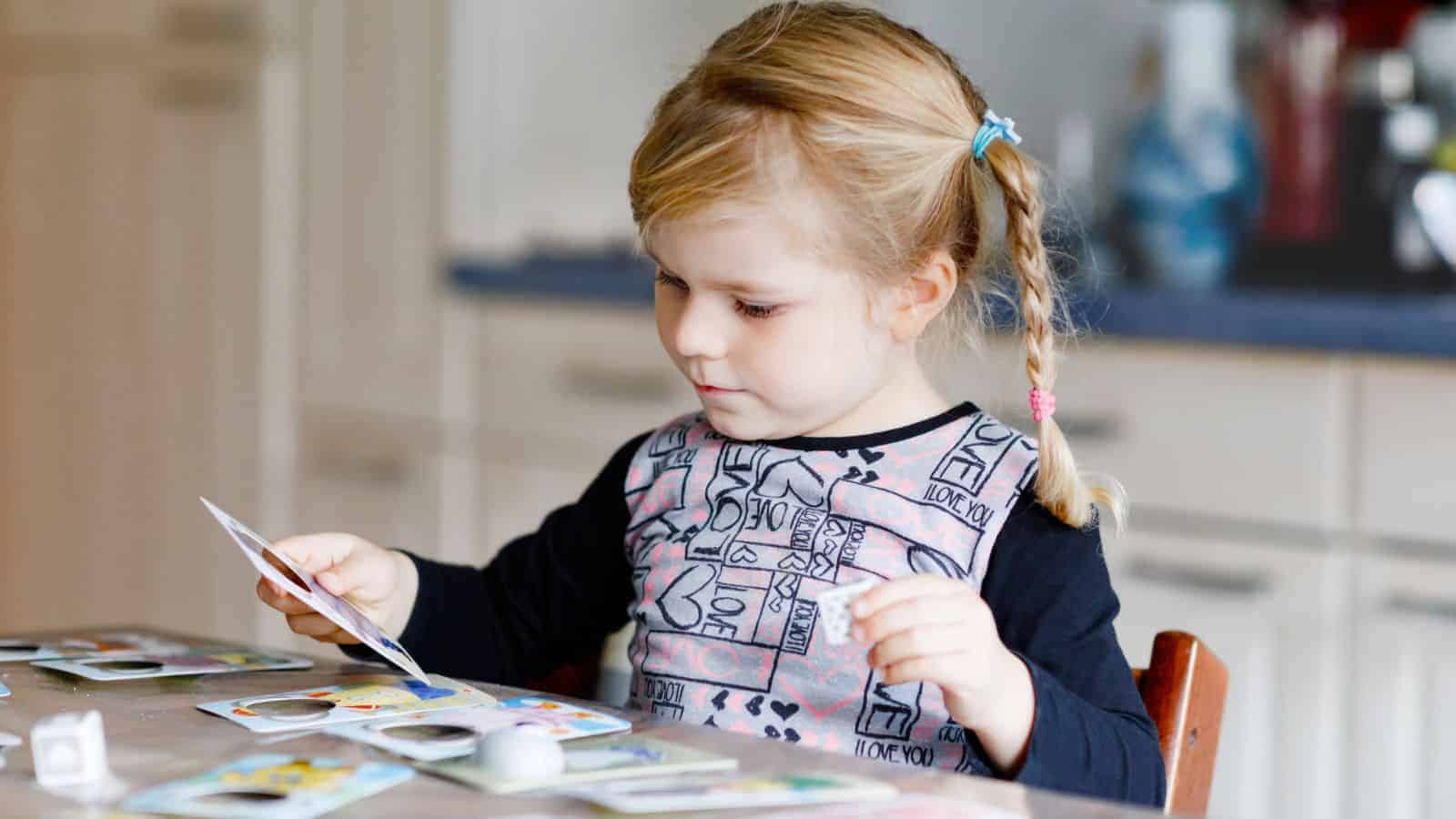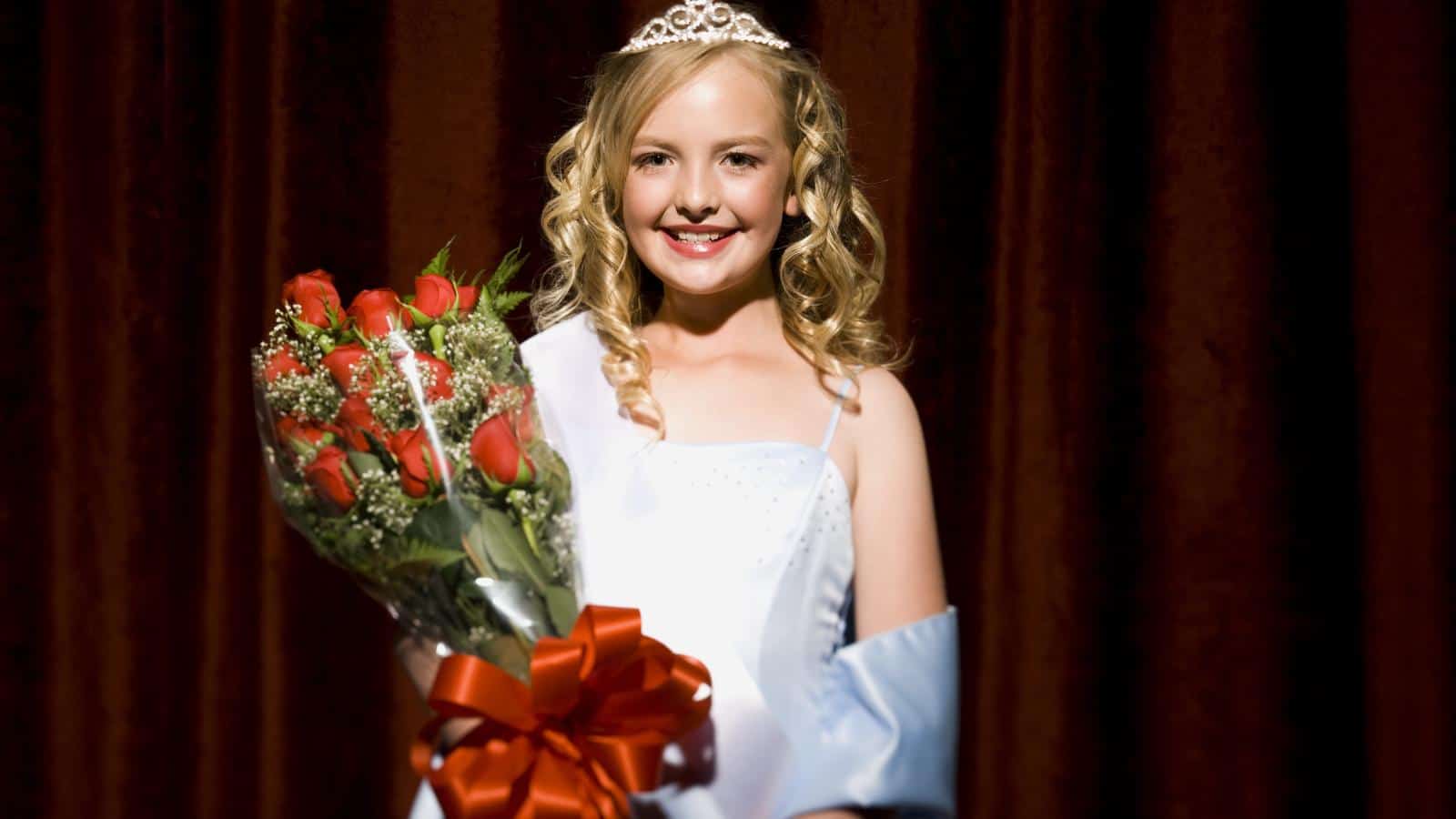Parents choose a baby’s name based on several factors, including ancestry, cultural trends, current events, and even celebrity influences! Most Baby Boomers became parents around the 1960s-80s, and they had their favorite names, some of which have fallen out of use since. Here are 17 names that Baby Boomers loved for their children but are rarely chosen today.
Brenda

In the 1950s, Brenda was a Top 10 choice for girls and reached peak popularity in 1954 at number 2. This Welsh name means “raven” and implies a tenacious, naturally capable woman. Datayze says the name has since plummeted to 1206th, as of 2021, and may be seen as old-fashioned or insufficiently ‘pretty’ for a modern baby girl.
Dennis

The fourth most popular boy’s name in 1950, Dennis, has since declined in use. It’s derived from Greek, meaning “follower of Dionysus” (the Greek god of wine and festivity), so it has a fun and exotic origin. Today, it’s an uncommon name and primarily associated with older men and certain outdated pop culture characters, like Dennis the Menace.
Susan

In the 1970s, everyone knew a Sue or a Susan, and this timeless, elegant name was shared by several celebrities, including actor Susan Sarandon. The Bump states that it’s a Hebrew name meaning “lily of the valley” and a pretty and feminine choice for any baby girl. As with Kevin, its immense popularity led to oversaturation, and parents soon switched to more original names.
Sharon

This reasonably simple girl’s name was a big hit in the 1950s and reached #3 on the Top 10 list in 1958. It comes from the Hebrew word for “Sharon plain,” evoking images of rolling green fields and fertile land. In modern times, it’s negatively associated with more austere older women and people from a lower socioeconomic class, unfairly damaging its appeal.
Terrence

Frequently shortened to the gender-neutral nickname ‘Terry,” this boy’s name means “smooth” or “polished” in Latin, conjuring images of perfection! It enjoyed peak popularity in the 1950s and 1960s when its versatility and unpretentious sound made it a common choice. However, its use has significantly declined, and it’s now more commonly used as a nickname for Theresa.
Roger

This strong boy’s name of Germanic origin means “famous spear,” according to Behind the Name, and invokes a warrior-like image! The name is shared by several famous figures, including musician Roger Taylor and tennis legend Roger Federer. It’s now associated with old age and has yet to be revived despite being exceptionally popular in the 50s and 60s.
Debbie

Debbie, a short and friendly form of Deborah, was a classic 1950s and 60s girls’ name and reached its highest ranking of five in 1954. The name ‘Deborah’ means “bee” in Hebrew, and it fits well with rebellious female teenagers of the 60s and 70s! After the 60s, its popularity for baby girls waned as parents opted for more formal and unique choices.
Kevin

This strong, traditional Irish name means “handsome” or “of gentle birth” and was incredibly popular towards the end of the 1950s. Unfortunately, it became somewhat overused over the next few decades, and its commonality led to parents snubbing the name for more original alternatives. It’s now associated with middle-aged men or older.
Linda

Babycenter says this girl’s name comes from a Spanish word meaning “pretty,” so it’s clear to see why Boomer-era parents chose it for their daughters. Indeed, it enjoyed a great deal of popularity from the end of WW2 up until the 1960s. As with Susan, Linda was overused and declined in popularity from the 1970s onwards, replaced by modern alternatives like Lydia, Lorna, and Lyla.
Barbara

This means “foreigner” or “stranger” in Latin, and this early 20th-century favorite remained popular in America until the late 1960s when it came to be viewed as outdated. This strong name evokes resilience and an element of mystery, but it is now almost exclusively heard when discussing older generations, with baby girls more likely to be named Brianna or Bella.
Ronald

Ronald is perhaps most famously associated with the fast-food character Ronald McDonald and has a regal origin, meaning “ruler” or “counsel.” It reached peak popularity in the U.S. in 1950 (at #3) and continued to be used until the late 1970s when more modern alternatives took priority. Today, Ronald ranks over 1000 for baby boy name birth registrations.
Lawrence

Conjuring up images of the historical figure ‘Lawrence of Arabia,’ this Latin name means “laureled” or “victorious” and was a common choice for Boomer parents with sons. Its robust and masculine sound added to its appeal, even if strangers often misspelled it! The name began to be abandoned in the 1970s and has now been replaced by more exotic choices, like Lucas and Louis.
Patricia

Patricia is the female version of the Irish boy’s name ‘Patrick,’ meaning “noblewoman” or “patrician” in its native Latin. It was a Top 10 choice for girls throughout the 1940s and 1950s, peaking at #2 in 1947. Frequently shortened to Pat or Patty, the name is almost unheard of in modern maternity units and has declined to a ranking of around 500 today.
Pamela

Another name that starts with P and ends with A is Pamela, or Pam/Pammy for short. The name was probably popularized by the 17th-century novel “Pamela: or Virtue Rewarded” and was especially popular in the 50s and 60s. It’s a sweet, feminine name but is now largely regarded as old-fashioned. Most modern parents choose alternatives like Paige or Polly.
Janice

Derived from the Latin word “Janus” (the Roman god of beginnings and endings), Janice was a popular choice for daughters in 1952 and beyond. Its continual popularity was probably helped by influential Woodstock-era reformer and musician Janis Joplin. It’s a strong, feminine name that can be shortened to ‘Jan.’ Nowadays, parents are more likely to choose Jana or Jemma.
Eugene

This sophisticated and intelligent-sounding name means “well-born” or “noble” in Greek and is a dignified choice for a baby boy. Eugene likely benefited from a trend towards more classic names in the mid-20th century but has since faded as more modern-sounding names have replaced it. It is now a name typically associated with refined, elderly gentlemen!
Shirley

This girl’s name originates from an English surname meaning “from the bright meadow.” It reached peak popularity in 1947, although it remained popular until the 1960s. As a result, it was common in schoolyards in the 1970s and had a pretty, innocent-sounding charm that many Boomer parents liked. Shirley has since waned in use and been replaced by alternatives like Sydney, Shelby, and Sky.
Up Next: 19 Things Men Want To Avoid As They Get Older

19 THINGS MEN WANT TO AVOID AS THEY GET OLDER
18 U.S. Cities Americans Say Are the Best to Live In

18 U.S. CITIES AMERICANS SAY ARE THE BEST TO LIVE IN
17 Most Common Reasons Men Break Up With Women

